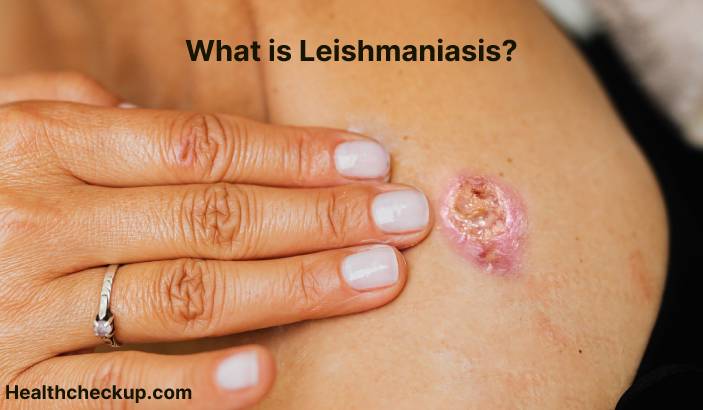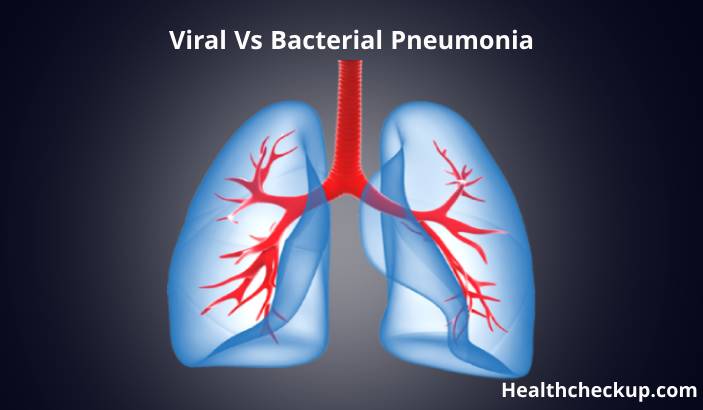Leishmaniasis is a tropical disease caused by parasites of the Leishmania species. The parasites are transmitted to humans through the bite of infected sandflies, and they can cause a range of diseases, including cutaneous leishmaniasis (affecting the skin), mucocutaneous leishmaniasis (affecting the skin and mucous membranes), and visceral leishmaniasis (affecting internal organs, such as the liver and spleen).
Symptoms of leishmaniasis include:
- Skin lesions, such as sores or ulcers
- Fever
- Fatigue
- Weight loss
- Anemia
- Swelling of the liver and spleen
In severe cases, leishmaniasis can lead to:
- Disfigurement
- Organ damage
- Death
Leishmaniasis is diagnosed through laboratory tests that detect the presence of the parasites in a sample of skin scrapings, blood, or bone marrow. The tests include microscopy or PCR.
Treatment for leishmaniasis include:
- Antiparasitic medications, such as pentavalent antimony or miltefosine
- Supportive care, such as wound care or blood transfusions
- Hospitalization
To prevent leishmaniasis, it is important to take steps to avoid being bitten by infected sandflies. This includes:
- Using insect repellent
- Wearing long sleeves and pants
- Using mosquito netting when sleeping
- Staying in air-conditioned or well-screened rooms
There is no vaccine available to prevent leishmaniasis.
In conclusion, leishmaniasis is a tropical disease caused by parasites of the Leishmania species. It is transmitted to humans through the bite of infected sandflies and can cause a range of diseases affecting the skin, mucous membranes, and internal organs. It can be prevented through measures to avoid sandfly bites.









